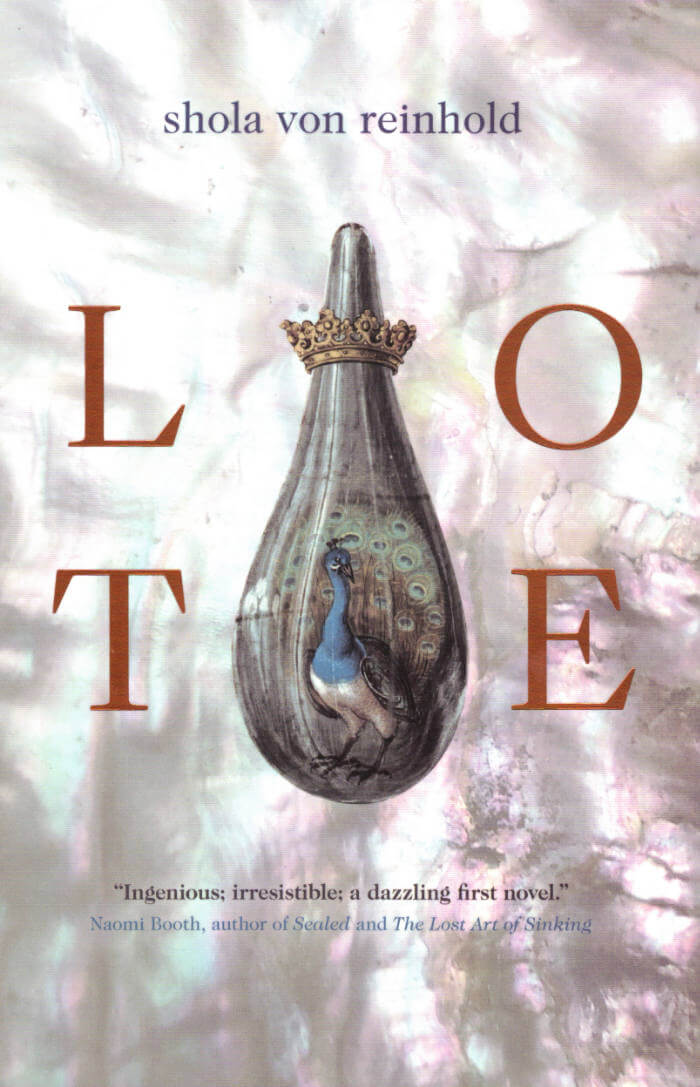
Lote
Shola von Reinhold's decadent queer literary debut immerses readers in the pursuit of aesthetics and beauty, while interrogating the removal and obscuring of Black figures from history.
Solitary Mathilda has long harbored a conflicted enchantment bordering on rapture with the "Bright Young Things," the Bloomsbury Group, and their contemporaries of the '20s and '30s, and throughout her life her attempts at reinvention have mirrored their extravagance and artfulness. After discovering a photograph of the forgotten Black modernist poet Hermia Druitt, who ran in the same circles as the Bright Young Things, Mathilda becomes transfixed and resolves to learn as much as she can about the mysterious figure. Her search brings her to a peculiar artists' residency in Dun, a small European town in which Hermia was known to have lived during the '30s. The artists' residency throws her deeper into a lattice of secrets and secret societies that takes hold of her aesthetic imagination. From champagne theft and Black Modernisms to art sabotage, alchemy, and a lotus-eating proto-luxury communist cult, Mathilda's "Escapes" through modes of aesthetic expression lead her to question the convoluted ways truth is made and obscured.
Shola von Reinhold is a Scottish socialite and writer. Shola has been published in the Cambridge Literary Review, The Stockholm Review, was Cove Park's Scottish Emerging Writer 2018 and recently won a Dewar Award for Literature. Shola is a recent graduate from the Creative Writing MLitt at Glasgow which was completed through the Jessica Yorke Writing Scholarship and has previously studied Fine Art at Central Saint Martins. Shola has also written for publications including i-D, AnOther Magazine.







